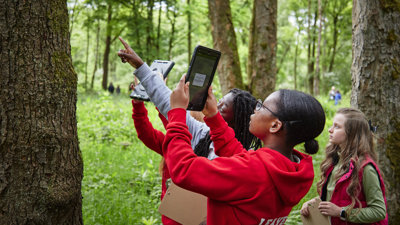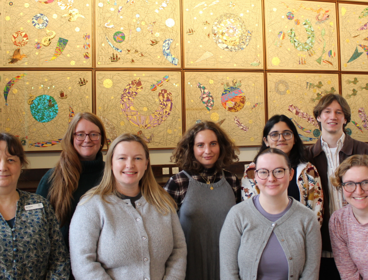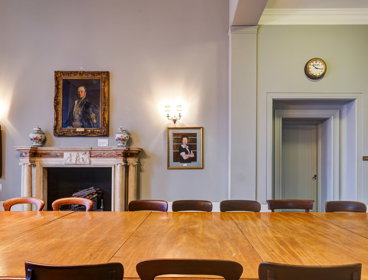The first academic year of the National Education Nature Park programme is complete, with a lot of fantastic work having taken place across England.
This important initiative aims to empower children and young people to make a positive difference to both their own and nature’s future. This includes providing educators with the resources to embed nature-based learning in the curriculum, improve young people's digital and green skills, and enhance their wellbeing by connecting them to nature.
More than 2,800 schools, colleges and nurseries across England have signed up, over half of these adding themselves to the Nature Park map and 120 starting to create a map of the habitats in their outdoor spaces. Other successes include schools creating new habitats to provide homes for wildlife, installing green walls and building ponds. Schools, nurseries and colleges were encouraged at the end of the summer term to celebrate all their achievements so far in a variety of different ways.
You can get involved in the project over the summer by taking part in the Pollinator Count, the Nature Park's first biodiversity survey. The Count will help you find out which insects are currently using your site and establish a baseline to compare to in the future when you’ve made some changes to boost biodiversity. You can also catch up on a webinar all about the Pollinator Count here.
All schools, nurseries, and colleges in England are invited to join NENP.
Watch this webinar to find out more about the story of the NENP so far.



